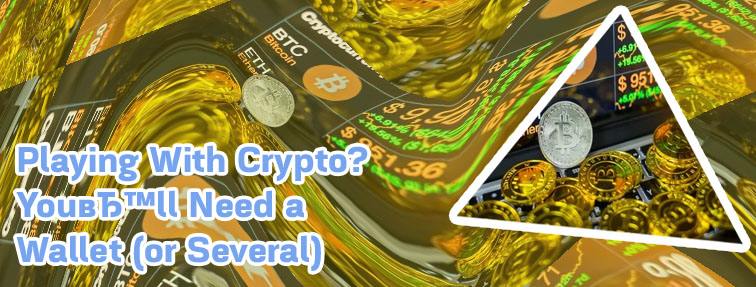

Buy BCH with credit card
Despite their high valuations on paper, a collapse of Bitcoin and other cryptocurrencies is unlikely to rattle the financial system. Banks have mostly stayed on the sidelines. As with any speculative bubble, naive investors who come to the party late are at greatest risk of losses. The government should certainly caution retail investors that, much like in the GameStop saga, they act at their own peril. Securities that enable speculation on Bitcoin prices are already regulated, but there is not much more the government can or ought to do. How to find out if you have bitcoin As with any investment, if you do buy bitcoin, make sure you aren’t putting money you need on the line. (Read more about cryptocurrency tips (and mistakes to avoid). And remember don’t invest unless you’re prepared to lose all the money you invest. Cryptocurrency is an extremely high risk and complex investment, and you are unlikely to be protected if something goes wrong.

One of the most highly touted aspects of Bitcoin and other cryptocurrencies is their security. Not only are they nearly impossible to counterfeit, but transactions are almost irrevocable. Once someone has your bitcoins, they own them for keeps. It’s a similar situation if you forget your password, it gets tossed out as part of a move or you throw away a hard drive holding the coins. Q27. I received cryptocurrency in a peer-to-peer transaction or some other type of transaction that did not involve a cryptocurrency exchange. How do I determine the cryptocurrency’s fair market value at the time of receipt? The value of crypto assets is highly unstable and can fall suddenly and significantly. You could also lose your money if a crypto trading platform (CTP) or wallet provider goes out of business or bankrupt.
Crypto is typically seen as a young man's game. Owners of digital assets are indeed more likely to be male and under the age of 45, according to Financial Conduct Authority data. How AI impacts a data centre’s sustainability strategy Cryptocurrencies are digital assets that are a medium of exchange between two parties. They allow direct transactions between individuals without the intervention of an intermediary, such as a bank. While fiat money is subject to inflation and central banks can print more at any time, the leading cryptocurrency Bitcoin has a fixed supply of 21.000.000 units, making it even scarcer than gold.
Writers and editors and produce editorial content with the objective to provide accurate and unbiased information. A separate team is responsible for placing paid links and advertisements, creating a firewall between our affiliate partners and our editorial team. Our editorial team does not receive direct compensation from advertisers. How does cryptocurrency get its value? Currently, much of the world runs on something called asymmetric cryptography, in which individuals use a private and public key pair to access things such as email and crypto wallets. A private key is a secure code that grants the owner access to their crypto holdings — whereas the public key is a unique wallet address. With the public key, it is possible to find a full history of every transaction made into or out of that wallet.